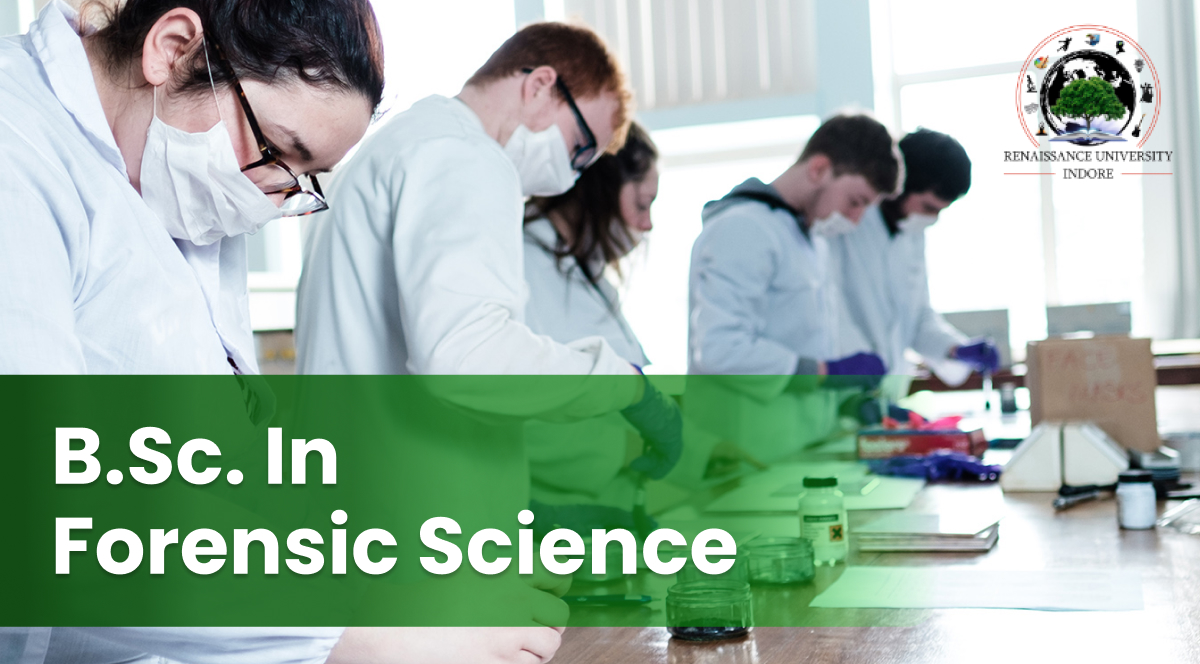INTRODUCTION
The Bachelor of Business Administration, commonly known as BBA, is an undergraduate degree course in the field of management. This course provides students with a strong foundation in the principles of business and management, preparing them for a variety of career opportunities. With the increasing demand for business professionals in India and around the world, pursuing a BBA course can be a wise decision for students looking to build a successful career in the corporate world. In this article, we will cover everything you need to know about BBA courses, including eligibility criteria, specializations, top colleges, course curricula, career opportunities, and much more.
Eligibility Criteria for BBA Course
To be eligible for the BBA course, a student must have completed their 10+2 or equivalent examination from a recognized board with a minimum of 50% aggregate marks.
The student must have studied English as one of the subjects in their 10+2 curriculum. Some universities may also have an age limit for admission to the course, which typically ranges from 17-25 years.
In addition to these criteria, students may also be required to appear for entrance exams conducted by universities or colleges offering the BBA course.
These entrance exams may include the Common Entrance Test (CET), the Management Aptitude Test (MAT), the Xavier Aptitude Test (XAT), or other similar tests.
Specializations in BBA Course
BBA course offers students the flexibility to choose from a range of specializations, allowing them to focus on their area of interest. Some of the popular specializations in the BBA course include:
- Marketing Management: This specialization focuses on the principles and practices of marketing, including advertising, sales, market research, and branding.
- Finance Management: This specialization focuses on financial management, including accounting, taxation, investment management, and financial analysis.
- Human Resource Management: This specialization focuses on the management of human resources, including recruitment, employee relations, performance management, and training and development.
- International Business: This specialization focuses on the principles and practices of international business, including global trade, foreign exchange management, and cross-cultural communication.
- Entrepreneurship Management: This specialization focuses on the principles and practices of entrepreneurship, including idea generation, business planning, funding, and risk management.
- Operations Management: This specialization focuses on the management of operations and processes, including logistics, supply chain management, and production management.
- Business Analytics: This specialization focuses on the use of data analytics tools and techniques to make informed business decisions, including data mining, predictive modeling, and data visualization.
Top Colleges for BBA Courses in Indore/India
- Christ University, Bangalore
- Loyola College, Chennai
- Shaheed Sukhdev College of Business Studies, Delhi
- Symbiosis Centre for Management Studies, Pune
- NMIMS Anil Surendra Modi School of Commerce, Mumbai
These colleges are known for their quality education, experienced faculty, modern infrastructure, and excellent placement opportunities. Admissions to these colleges are usually based on entrance exams, academic performance, and personal interviews. Students can also explore other colleges in their city or region, depending on their preferences and requirements.
BBA Course Fees
The course fees for the BBA course may vary depending on the college or university. On average, the course fees for a 3-year BBA program in India can range from Rs. 1 lakh to Rs. 5 lakhs. However, the fees can be higher in some premier colleges or universities. In addition to the course fees, students may also have to bear additional expenses such as hostel fees, examination fees, and other miscellaneous expenses. Some colleges also offer scholarships or financial aid to eligible students based on their academic performance or financial need. Students are advised to research the fees and expenses of various colleges before applying for admission to the BBA course.
Course Curriculum for BBA Course
The BBA course in Indore is typically a 3-year undergraduate program that covers a range of topics related to business and management. The course curriculum may vary slightly from college to college, but here are some of the common subjects that are covered in the BBA course in Indore:
- Principles of Management
- Financial Accounting
- Managerial Accounting
- Business Economics
- Business Mathematics and Statistics
- Marketing Management
- Human Resource Management
- Organizational Behavior
- Business Law
- Entrepreneurship
- Operations Management
- Information Technology Management
- Strategic Management
- Business Ethics and Corporate Governance
In addition to these subjects, students may also have to undertake projects, internships, and practical training to gain hands-on experience in the field of business and management. The course curriculum is designed to provide students with a strong foundation in the principles of business and management, preparing them for a wide range of career opportunities in the corporate world.
Career Opportunities After BBA Course
- Management Trainee: Many companies recruit fresh BBA graduates as management trainees, providing them with on-the-job training and exposure to various functions of the organization.
- Sales and Marketing Executive: BBA graduates with a specialization in marketing can pursue careers as sales and marketing executives, responsible for promoting and selling products or services.
- Human Resource Executive: BBA graduates with a specialization in human resource management can pursue careers as human resource executives, responsible for recruitment, employee relations, and performance management.
- Financial Analyst: BBA graduates with a specialization in finance can pursue careers as financial analysts, responsible for analyzing financial data and making investment recommendations.
- Business Development Executive: BBA graduates with a specialization in entrepreneurship or international business can pursue careers as business development executives, responsible for identifying new business opportunities and expanding the organization’s reach.
- Operations Manager: BBA graduates with a specialization in operations management can pursue careers as operations managers, responsible for managing the day-to-day operations of an organization, including production, logistics, and supply chain management.
- Business Analyst: BBA graduates with a specialization in business analytics can pursue careers as business analysts, responsible for analyzing data and providing insights to support decision-making.
In addition to these career opportunities, BBA graduates can also pursue higher education such as MBA or PGDM to enhance their knowledge and skills and pursue leadership positions in the corporate world.
Skills Required for BBA Course
- Communication Skills: Effective communication is essential in the field of business and management. BBA students should have strong verbal and written communication skills to convey their ideas clearly and confidently.
- Analytical and Problem-Solving Skills: BBA students should be able to analyze data, identify problems, and develop effective solutions to address business challenges.
- Leadership Skills: BBA students should possess strong leadership skills to motivate and inspire their teams and drive organizational success.
- Interpersonal Skills: BBA students should have strong interpersonal skills to work effectively in a team environment and build positive relationships with colleagues, clients, and stakeholders.
- Time Management and Organizational Skills: BBA students should be able to manage their time effectively, prioritize tasks, and meet deadlines.
- Adaptability and Flexibility: The business environment is constantly changing, and BBA students should be able to adapt to new situations and be flexible in their approach to problem-solving.
- Attention to Detail: BBA students should pay attention to detail, ensuring accuracy and completeness in their work.
- Computer and Technology Skills: BBA students should be familiar with various software applications and technology tools used in the field of business and management.
Developing these skills can help BBA students succeed in their academic and professional pursuits and prepare them for a successful career in the corporate world.
Advantages of Pursuing BBA Course
- Wide Range of Career Opportunities: The BBA course provides students with a strong foundation in business and management, preparing them for a wide range of career opportunities in various sectors such as finance, marketing, human resources, and operations.
- Hands-on Experience: Many BBA programs include internships and practical training, providing students with valuable hands-on experience in the field of business and management.
- Preparation for Higher Education: BBA graduates can pursue higher education such as an MBA or PGDM to enhance their knowledge and skills and pursue leadership positions in the corporate world.
- Development of Key Skills: The BBA course helps students develop a range of key skills such as communication, analytical thinking, leadership, time management, and problem-solving, which are essential for success in the corporate world.
- Networking Opportunities: BBA programs provide students with opportunities to connect with industry experts, alumni, and other professionals, building their professional network and enhancing their career prospects.
- Competitive Salaries: BBA graduates can earn competitive salaries in various industries, depending on their skills and experience.
- Entrepreneurial Opportunities: BBA graduates with a specialization in entrepreneurship can start their own businesses, applying their knowledge and skills to create successful ventures.
Conclusion
In conclusion, the BBA course is an excellent option for students interested in pursuing a career in business and management. It provides a strong foundation in various aspects of business, including finance, marketing, human resources, and operations. Additionally, the course offers hands-on experience, practical training, and internships, preparing students for various career opportunities in different sectors.
Apart from career opportunities, the BBA course also helps students develop essential skills such as communication, analytical thinking, leadership, time management, and problem-solving, which are crucial for success in the corporate world. Pursuing the BBA course also provides networking opportunities and prepares students for higher education such as an MBA or PGDM.










